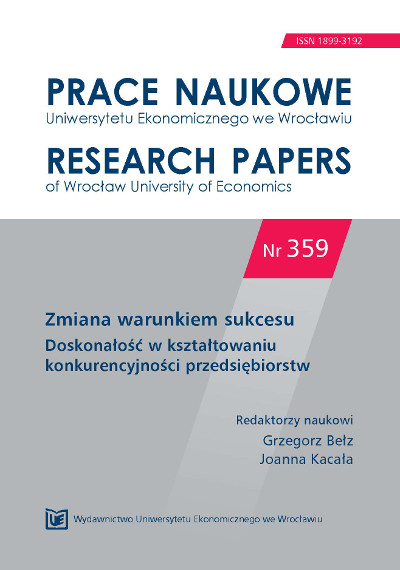
Efekt aureoli i badanie czynników sukcesu organizacji
Our perception of business is biased and subject to illusion, with the so-called halo effect being the illusion that is most widely spread. There are a few forms of the halo effect. The inclination to assess individual features on the basis of a general perception is one of them. It is difficult for most people to independently evaluate individual features of an object, and consequently the object is evaluated as a whole. The mind creates and sustains a holistic and internally coherent picture of reality, and thus limits cognitive dissonance. The halo effect is not the only illusion that distorts our perception of business. However, it is the basic illusion. It is the “bottleneck” of the evaluation of reality, which is often accompanied by other cognitive errors, limiting the quality of the data obtained as well as the clarity of observation of factors that affect the results of companies and the effectiveness of their operation.
More...
